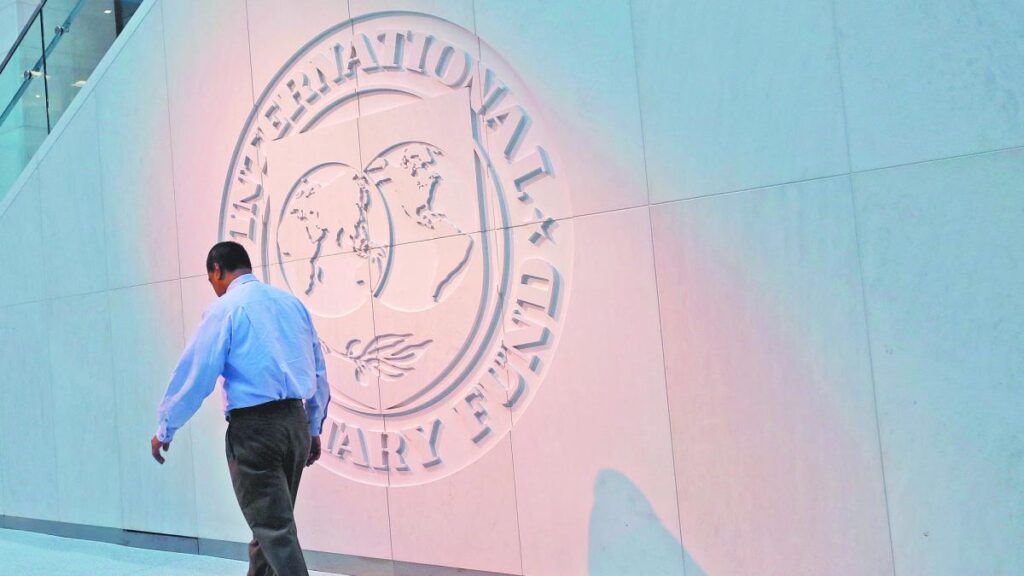Mexico’s Efforts to Reduce Fiscal Deficit Praised by FMI
Washington, D.C. – The target that Mexico maintains of reducing its fiscal deficit to 4% of GDP this year is “definitely a step in the right direction that we welcome at the International Monetary Fund (IMF),” stated Era Dabla Norris, the Deputy Director of Fiscal Affairs at the organization. However, she advised that Mexican fiscal authorities should maintain a sufficiently flexible stance to respond to external shocks if global uncertainty persists.
IMF’s World Economic Outlook (WEO) Warns of Slowing Growth
In an interview with El Economista, Dabla Norris referred to the recent World Economic Outlook (WEO) report released by the IMF, which warns that uncertainty may put downward pressure on growth expectations. Under this scenario, public and tax revenues could fall short of estimates.
“The focus of fiscal policy should remain flexible to swiftly respond to changing conditions, allowing for adjustments as events unfold,” she emphasized.
Mexico’s Fiscal Discipline Amidst Regional Counterparts
Dabla Norris acknowledged that Mexican authorities stand out among their Latin American peers for their commitment to fiscal consolidation. Although most of Mexico’s stabilization funds were exhausted during the pandemic, the IMF understands that the government initiated a strategy to replenish these funds by late last year. Currently, they possess resources equivalent to 0.5% of GDP, providing some flexibility to the country.
The IMF has recommended that Mexico replenish its stabilization funds to reduce exposure to potential shocks, Dabla Norris highlighted.
Managing Public Spending and Regressive Subsidies
The IMF official agreed to comment on Mexico’s ongoing rationing of public expenditure due to its fiscal consolidation commitment. She noted that governments typically allocate 1% to 1.5% of their budgets to fuel subsidies, a tool that is regressive in nature.
“The goal is to redirect resources allocated for fuel subsidies to make the process more efficient,” Dabla Norris explained.
Key Questions and Answers
- What is the IMF’s stance on Mexico’s fiscal deficit reduction target? The IMF welcomes Mexico’s goal of reducing its fiscal deficit to 4% of GDP, considering it a step in the right direction.
- How might global uncertainty impact Mexico’s growth expectations? According to the IMF’s World Economic Outlook, uncertainty could put downward pressure on growth expectations, potentially leading to lower-than-estimated public and tax revenues.
- What recommendations does the IMF have for Mexico regarding fiscal policy? The IMF advises Mexican authorities to maintain a flexible fiscal policy approach, swiftly responding to changing conditions. They also recommend replenishing stabilization funds and reorienting resources allocated for fuel subsidies to improve efficiency.






